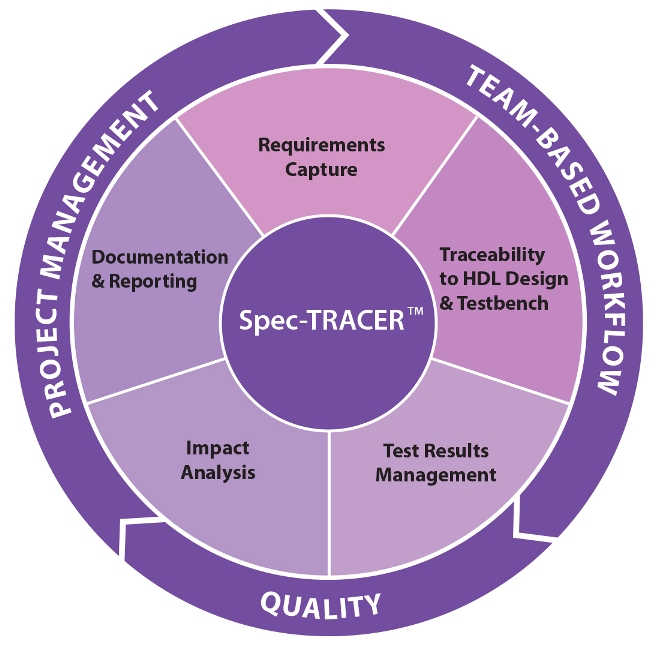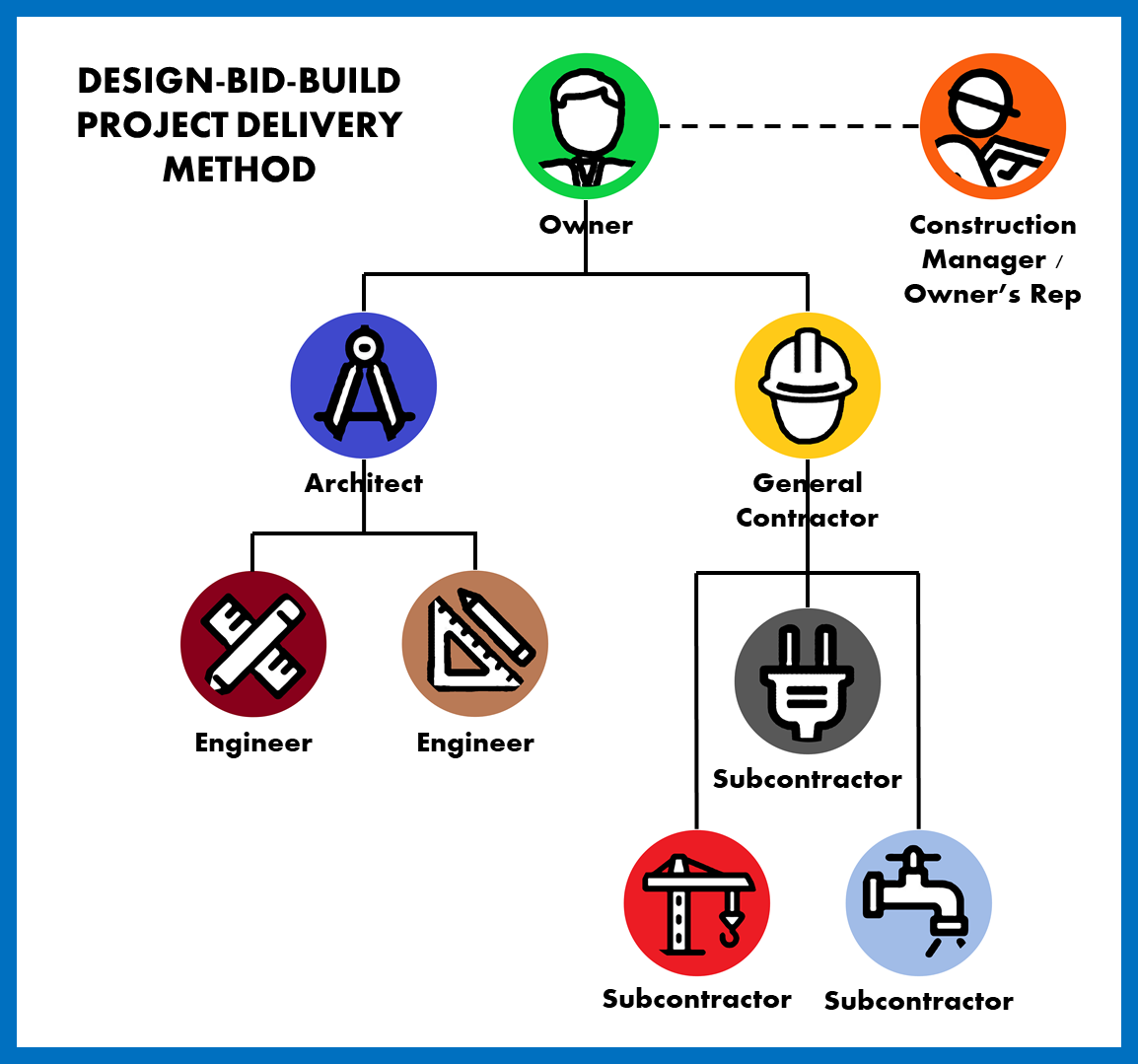
The interview is designed to assess applicants' knowledge of the field. A typical question will ask you to identify 3 relevant challenges facing the industry and outline your solutions. Having a firm understanding of project management is essential for success. Project managers need to be able to motivate their team.
Communication
Two components make up the communication process: the receiver and the sender. The sender formulates the message. He or she creates it with an intention to reach the recipient. The receiver will then deal with the message based upon his or her reactions. The receiver may either accept, reject, or revise the message. Depending on how the communication is conducted, the recipient of the message could be an individual or a group.
Effective project management relies on clear communication. The message should address the project's objectives and goals. They should also be understandable and easy for the audience to follow through.
Gantt charts
A Gantt chart is an excellent way to communicate the status of your project. It lists the start, end, and resource dates for each task. The duration of the tasks is also listed. You will also find the task name as well as the resource type. The chart also lists any important paths and task links. This will help you communicate with your team about where to focus their attention.

Gantt charts will be useful when you are planning a large project. You can also see the relationships between tasks and the order they will be completed. A Gantt chart can also help you visualize the individual workload of your team members.
Unexpected situations
Unexpected events are inevitable during the implementation of a project. This type of change has a wide variety of effects, including the environment. In order to deal with unexpected events, project managers must first accept that these events are inevitable. Project managers should not view this as a defeatist attitude. They must accept that unexpected events are inevitable and prepare for them.
The saying that nothing in life is ever certain was said by Count de Belveze. This is especially true when it comes to project management. Project life is full of unexpected events. Project managers need to plan for unexpected situations and prepare accordingly.
Meetings
Meetings are an essential part of project management and should be planned carefully. The meeting's agenda should be clear and concise, and it should include the right amount of people for the task at hand. Meetings should be used to ensure that the project is moving forward and do not get sidetracked.
At meetings, the team should have an opportunity to share their thoughts and ideas, and the project manager should provide a high-level overview of next steps. In addition, the team should be informed about project budget and schedule status. Meetings should also provide an opportunity for discussing risks and other issues.

Planning
There are many critical questions you need to ask when planning a project. A good project manager should have experience in the field. A background in construction is an asset if you're an architect working on large-scale building projects. However, if you don't have any formal project management experience, you can discuss what you've learned about the industry or why you are interested in working in this field. The more you know about the industry, the more you can talk about your transferable skills.
Aside from asking about experience, it is possible to ask questions about communication skills of project managers. This will let you assess how they deal with conflict resolution and lead team members. You can also inquire about their experience with communication tools and hybrid teams.
FAQ
How do you define Six Sigma?
People who have worked with statistics and operations research will usually be familiar with the concepts behind six sigma. It can be used by anyone in any business aspect.
It is a commitment-intensive task that requires strong leadership skills.
What does the term "project management” mean?
This refers to managing all activities that are involved in a project's execution.
Our services include the definition of the scope, identifying requirements, preparing a budget, organizing project teams, scheduling work, monitoring progress and evaluating the results before closing the project.
Why is it so hard to make smart business decisions?
Complex systems with many moving parts are the hallmark of businesses. They require people to manage multiple priorities and deal with uncertainty and complexity.
To make good decisions, you must understand how these factors affect the entire system.
This requires you to think about the purpose and function of each component. It's important to also consider how they interact with each other.
You should also ask yourself if there are any hidden assumptions behind how you've been doing things. If not, you might want to revisit them.
You can always ask someone for help if you still have questions after all of this. They may see things differently from you and have insights that could help you find a solution.
How can a manager motivate employees?
Motivation is the desire to do well.
Engaging in something fun can be a great way to get motivated.
You can also be motivated by the idea of making a difference to the success and growth of your organization.
For example, if your goal is to become a physician, you will probably find it more motivational to see patients rather than to read a lot of medicine books.
Another type of motivation comes from within.
You might feel a strong sense for responsibility and want to help others.
Maybe you like working hard.
If you don't feel motivated, ask yourself why.
You can then think of ways to improve your motivation.
What is TQM?
The industrial revolution was when companies realized that they couldn't compete on price alone. This is what sparked the quality movement. They needed to improve the quality and efficiency of their products if they were to be competitive.
In response to this need for improvement, management developed Total Quality Management (TQM), which focused on improving all aspects of an organization's performance. It included continual improvement processes, employee involvement, customer satisfaction, and customer satisfaction.
What are the steps that management takes to reach a decision?
Managers face complex and multifaceted decision-making challenges. It involves many elements, including analysis, strategy. planning. implementation. measurement. evaluation. feedback.
It is important to remember that people are human beings, just like you. They make mistakes. As such, there are always opportunities for improvement, especially when you put in the effort to improve yourself.
This video will explain how decision-making works in Management. We will explain the importance of different types decisions and how every manager can make them. These topics are covered in this course:
What role does a manager play in a company?
Different industries have different roles for managers.
Managers generally oversee the day-today operations of a business.
He/she is responsible for ensuring that the company meets all its financial obligations and produces the goods or services customers want.
He/she is responsible for ensuring that employees comply with all regulations and follow quality standards.
He/she oversees marketing campaigns and plans new products.
Statistics
- This field is expected to grow about 7% by 2028, a bit faster than the national average for job growth. (wgu.edu)
- The average salary for financial advisors in 2021 is around $60,000 per year, with the top 10% of the profession making more than $111,000 per year. (wgu.edu)
- 100% of the courses are offered online, and no campus visits are required — a big time-saver for you. (online.uc.edu)
- The BLS says that financial services jobs like banking are expected to grow 4% by 2030, about as fast as the national average. (wgu.edu)
- Your choice in Step 5 may very likely be the same or similar to the alternative you placed at the top of your list at the end of Step 4. (umassd.edu)
External Links
How To
How do you use the 5S in your office?
The first step to making your workplace more efficient is to organize everything properly. A clean desk, a tidy room, and a well-organized workspace help everyone stay productive. The five "S"'s (Sort. Shine. Clean. Separate. And Store) help to maximize space and ensure efficiency. In this session, we'll go through these steps one at a time and see how they can be implemented in any type of environment.
-
Sort.Put away papers and clutter so that you don't waste valuable time searching for something that you know is there. This means you place items where you will use them the most. Keep it near the spot where you most often refer to it. Also, consider whether you really need it. If it isn't useful, get rid!
-
Shine. Get rid of anything that could potentially cause damage or harm to others. For example, if you have a lot of pens lying around, find a way to store them safely. It could be worth investing in a penholder. Pens won't get lost anymore.
-
Sweep. Regularly clean surfaces to keep dirt from building up on furniture and other household items. A dusting machine is a great investment to keep your surfaces clean. You can even set aside a specific area for sweeping and dusting to keep your workstation looking tidy.
-
Separate. It will help you save time and make it easier to dispose of your trash. To make it easy to dispose of the trash, you will find them strategically placed around the office. You can take advantage of this location and place trash bags near each bin to make it easy to find what you are looking for.